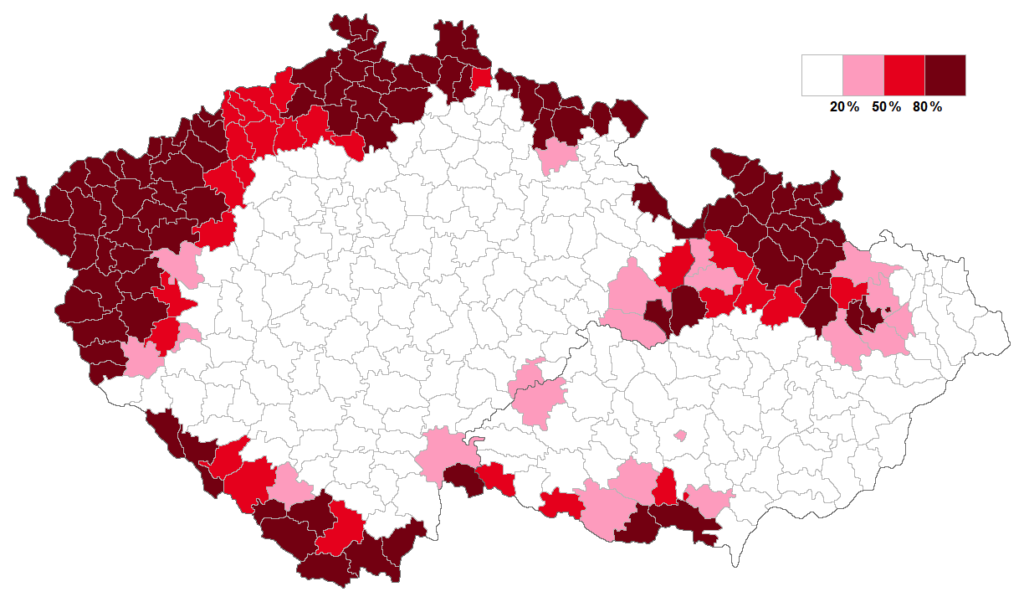Originally written in July 2023.
I am staunchly anti-war. In the modern connected world, there is little that a nation can gain by waging war rather than using diplomacy. If you want a pipeline for fresh water, you can bargain for it. If you need sea access, you can negotiate to use your neighbors river.
The war in Ukraine is often discussed in anti-war debates; from conservatives on Fox News to liberal activists like Roger Waters, there’s a sentiment that the war should be ended on the terms that Russia will accept now, before more Ukrainians are lost. In many cases, these sentiments are genuine. In some cases, they have suspicious motivations. Anti-war rhetoric can be constructive, but some of the goals proposed by activists serve no one other than those who initiated this war of aggression.
War is outdated
The further back you dive into history, the more that war is seen as a diplomatic tool to get what you want. Nations would wage war to preserve the honor of their king, at great cost to his own people. As the world became more mechanized, the tools for destruction became greater and greater. At the same time, leaders became more fearful of the negative consequences of total war. Particularly from the 20th century onward, internal social discontent with war weakened belligerents from the inside. Sentiments of revolution have been largely spurred by the traumatic wars in the last 200 years. Leaders began to search for tools to instill stability. The Congress of Vienna was the first modern attempt to balance peace. This was followed by Versailles, then the establishment of the United Nations.
War is costlier than ever. With our new global economy and the rise of educated specialized roles, human life is more valuable than ever before. The technology used to wage war has steadily become more complex and expensive. The destruction that war wreaks takes decades to put back together. Often, a conquering nation is plagued by the rubble they have to rebuild.
Sanctions punish nations for warring on their neighbors. Often, these sanctions do not relent until the aggressor is removed. Since the world is increasingly economically interconnected, such isolation is suicidal for the economic viability of the nation. Globalism, that is in this case, the interconnected international economy, is an inherent deterrent against war.
Lessons against appeasement
Appeasement is the act of making concessions to another nation to avoid war. Appeasement, in the case of the war in Ukraine, would be to submit to the terms laid out by the Russians. The Russian terms include many things, but above all, the Ukrainians would have to give up a large percentage of their territory, and they’d be prevented from joining NATO.
NATO is a military alliance between the United States and much of Europe. NATO is a defensive alliance, and if one country is attacked, they may enact NATO Article 5 to bring the full power of NATO to their side. This alliance often gets ripped apart by late-night demagogues who either say that the alliance is victimizing the United States, or that it’s a warmongering plague gobbling up Europe. In actuality, the alliance has put an end to Russian aggression in the Baltic states, and it’s entirely voluntary to join. What America-centric news fails to cover is Russia’s broad territorial aggression since the 90’s in countries like Georgia and Moldova. The countries joining NATO have good reason to do so, as they’re scared they’ll be the next Ukraine.
A great example of appeasement is the 1938 Munich Agreement, when Germany demanded the border region between it and Czechoslovakia. Hitler promised that he would stop making territorial demands if Germany was awarded the Sudetenland. The British and French accepted this demand, and betrayed their ally to the Nazis. The Czechs were not even invited to the meeting.

The Sudetenland (highlighted in red), in Czechia.
This meeting was hailed as a victory for peace by anti-war activists. British Prime Minister Neville Chamberlain returned to London, proclaiming “peace for our time”. The Sudetenland, of course, formed the highly mountainous defensible terrain that had defended Czechia from Germany for centuries. Within six months, the Germans had invaded the crippled remainder of the country.
Czechoslovakia was unilaterally looted for its strong stockpile of material. The Panzer 38t, a Czech tank pressed into German service, was a significant percentage of the total Panzer forces that participated in the eventual Battle of France. You could speculate that without the appeasement of 1938, the war against Germany could’ve been significantly shortened. Instead, the allies told Czechoslovakia to lie down and die politely.